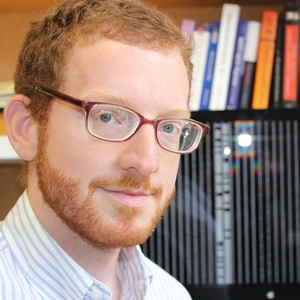This study will focus on development of a computational framework for storing, sharing and analyzing three-dimensional micron resolution images in fluorescently-labeled brain samples, with a specific focus on brain structure deficits in an autism mouse model.

Jason Stein, PhD, Assistant Professor of Genetics with a joint appointment in the UNC Neuroscience Center, has been awarded a grant through the Early-Concept Grants for Exploratory Research (EAGER) mechanism from the National Science Foundation for his project titled “A unified computational framework for analysis, storage, and visualization of 3D brain microscopy data”. Recent innovations in tissue clearing techniques and light sheet microscopy allow the rapid acquisition of three-dimensional micron resolution images in fluorescently labeled brain samples. However, large computational challenges exist in sharing, analyzing, and visualizing these information-dense datasets in a standardized manner, across multiple labs. This project will leverage the combined expertise of three connected and complementary centers associated with the University of North Carolina at Chapel Hill to address this issue. The team proposes to develop a unified and highly scalable computational framework that can be harnessed by the neuroscience community by focusing on the following aims: (1) Develop cyberinfrastructure for the distributed storage, sharing and analysis of high-dimensional images; (2) Develop high throughput computational tools for quantitative analysis of 3D microscopy images; (3) Efficiently visualize the results using screens and immersive environments; and (4) Demonstrate the utility of these tools by applying them to the analysis, sharing, and visualization of brain structure deficits in an autism mouse model.
Co-Principal Investigators include Dr. Ashok Krishnamurthy, Deputy Director of the Renaissance Computing Institute and Dr. Guorong Wu, Assistant Professor, Department of Radiology, Biomedical Research Imaging Center.
